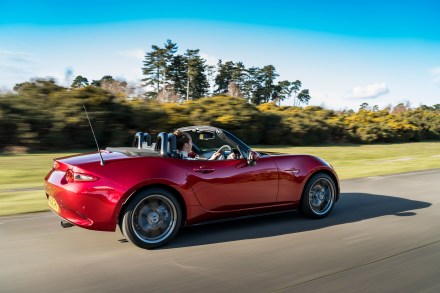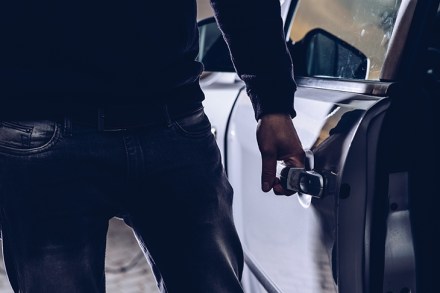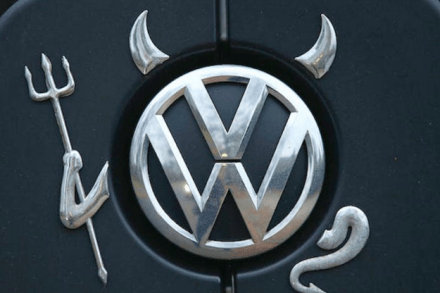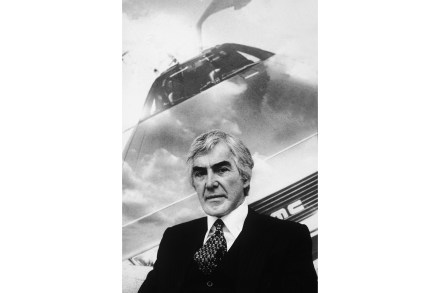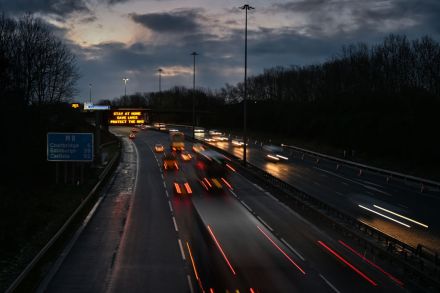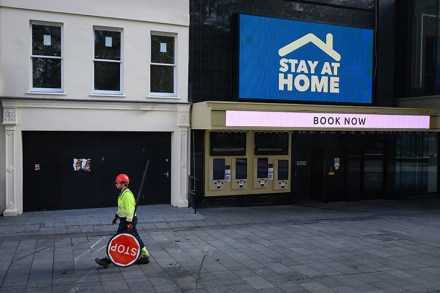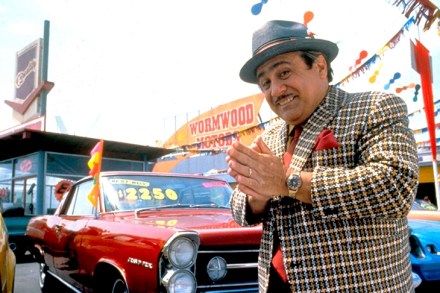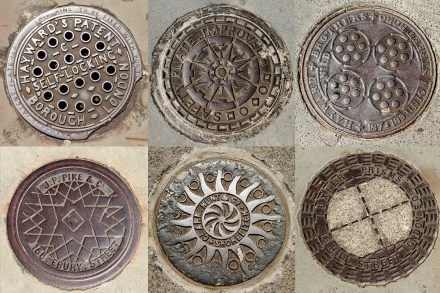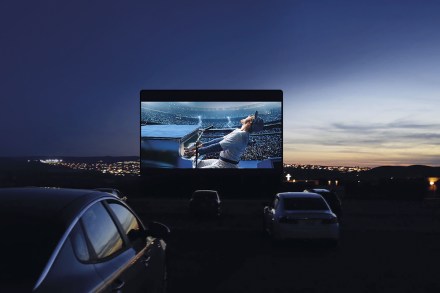The Mazda MX–5: proof that sports cars can be affordable
The British have a long-standing reputation for coming up with great ideas, executing them quite well – and then leaving others to really run with them. Such is the history behind what is officially the best-selling two-seat convertible sports car of all time, the evergreen MX-5 made by Japanese marque Mazda. The story goes that the MX-5 was born out of a conversation held 45 years ago between Mazda’s former head of research and development Gai Arai and US automotive journalist Bob Hall. The latter had been bemoaning the impending demise of the simple, open-top sports car after it had been threatened with extinction during the late ’60s due to US safety legislation
